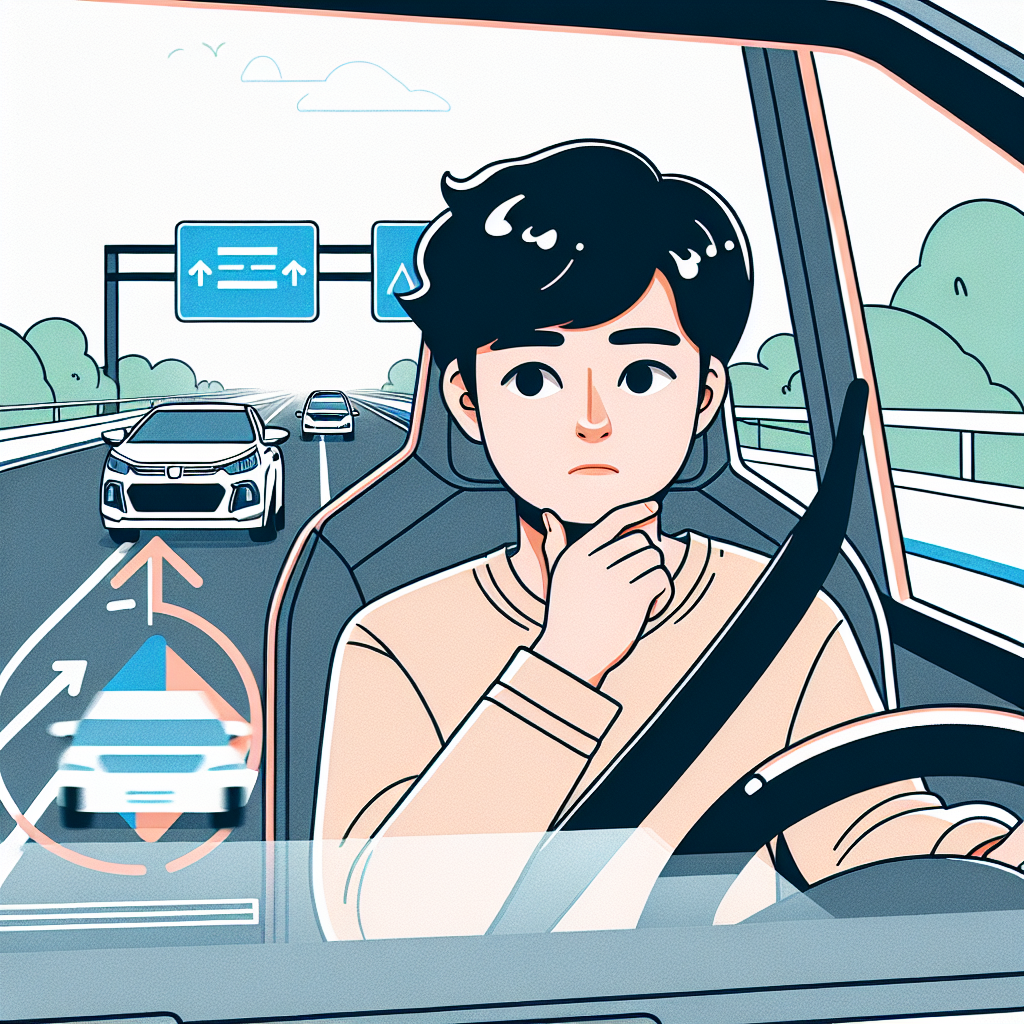Driving is a privilege that comes with its share of responsibilities and legal requirements. One of the most basic requirements in many countries, including the United States, is that drivers must have a valid driver’s license to operate a vehicle legally. This article delves into the legality of driving without a license, the potential penalties, and what alternatives exist.
Understanding the Legal Requirement
Before getting into the specifics of what happens if you drive without a license, it's important to understand why a driver's license is required. A driver's license ensures that the driver has passed a written and practical driving test, confirming their ability to operate a vehicle safely and understand road rules.
| Country | Legal to Drive without License? | Penalties |
|---|---|---|
| United States | No | Fines, imprisonment, community service |
| United Kingdom | No | Fines, penalty points, disqualification from driving |
| Australia | No | Fines, account suspension, imprisonment |
| Canada | No | Fines, license suspension, vehicle impoundment |
Penalties for Driving Without a License
The consequences of driving without a license vary significantly based on jurisdiction, but they tend to be severe to deter unlicensed driving. Below are some typical penalties:
- Fines: Monetary penalties can range from a few hundred to several thousand dollars.
- Imprisonment: In some cases, particularly repeat offenses, jail time may be imposed.
- Community Service: Courts may order community service as an alternative to or in addition to fines.
- Increased Penalties for Repeat Offenders: Each subsequent offense usually carries harsher penalties.
Case Study: United States
In the United States, penalties for driving without a license differ from state to state. For instance, in California, the fine for a first offense can be up to $1,000. Additionally, the vehicle may be impounded, and the driver could face jail time. Repeat offenders face increased fines and longer imprisonment.
Case Study: United Kingdom
In the UK, driving without a license can result in a fine of up to £1,000, and adding 3-6 penalty points on the driver's record. In severe cases, the individual may be disqualified from driving for a period, which will be documented on the DVLA (Driver and Vehicle Licensing Agency) record.
Exceptions and Special Circumstances
While the law is strict about the necessity of holding a valid driver's license, there are a few exceptions and special circumstances:
- Learning to Drive: Individuals learning to drive may do so under the supervision of a licensed driver.
- Emergency Situations: In dire emergencies, operating a vehicle without a license might be legally defensible, though it is rare.
- Mature Drivers: In some jurisdictions, drivers above a certain age may be subject to different licensing criteria.
How to Avoid Legal Issues
To avoid the myriad of issues associated with driving without a license, follow these steps:
- Get a License: Apply for a learner's permit, complete necessary tests, and obtain your full driver's license.
- Renew on Time: Ensure that your driver's license is renewed before its expiration date.
- Abide by Restrictions: If your license has restrictions (e.g., corrective lenses), adhere to them.
- Know Local Laws: Be aware of varying state or country-specific driving laws.
Alternative Options
For those unable to obtain a traditional driver's license, consider alternative options:
- Public Transportation: Utilize buses, trains, and other public transit options.
- Rideshare Services: Services like Uber and Lyft provide convenient transportation without the need for a license.
- Carpooling: Join carpool programs to share rides with others.
- Bicycling: For short distances, bicycles can be a viable alternative.
Conclusion
Driving without a license is illegal in most countries and carries severe penalties including fines, imprisonment, and community service. To operate a vehicle legally, obtain and maintain a valid driver's license. If circumstances prevent this, explore alternative transportation options to ensure you stay within the bounds of the law.




